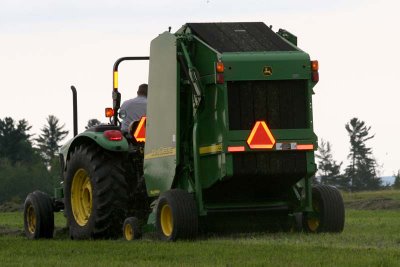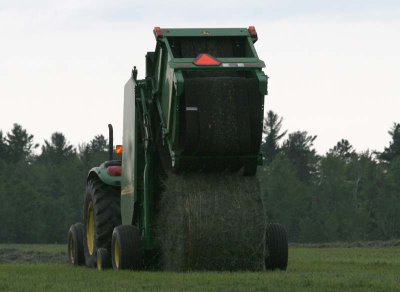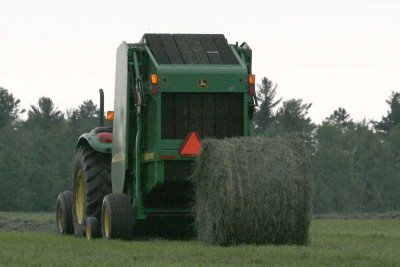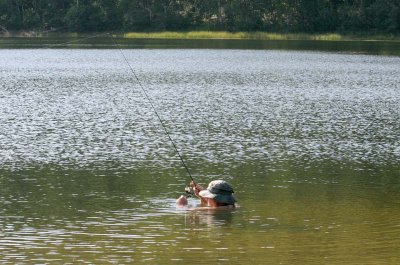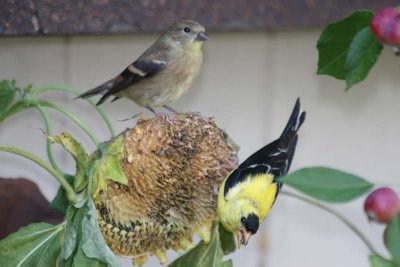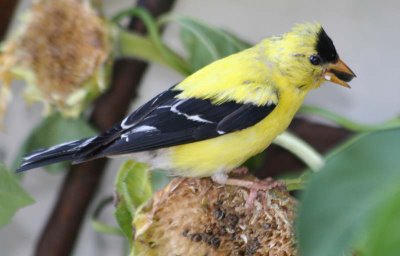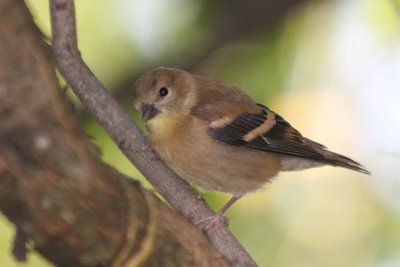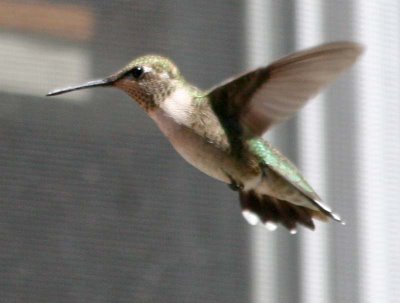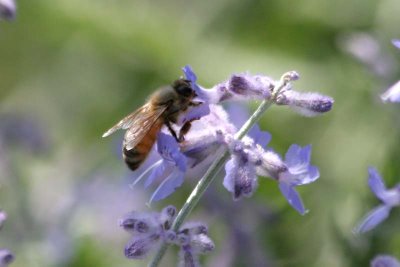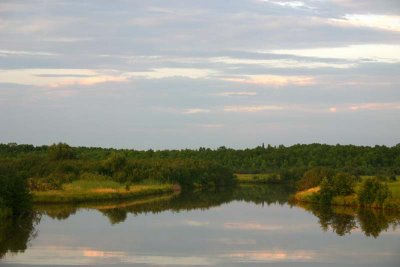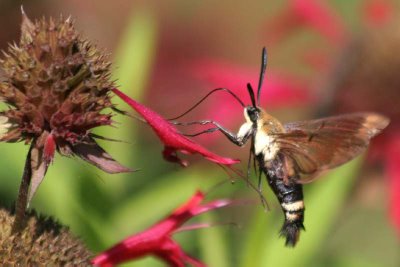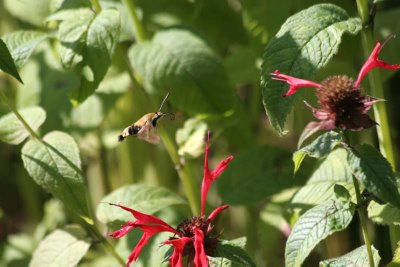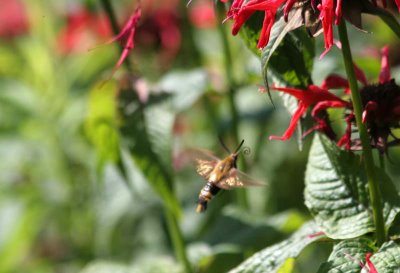

This was nice to see an abundance of foraging honeybees. I've spent hours this spring and summer watching insects forage on flowers in northern Wisconsin. But, as I noted in a previous post, I've seen few if any honeybees. These were photographed in the Milwaukee area.
I know several local beekeepers and most are no longer overwintering their colonies. It seems to me that the wild honeybees colonies would be affected by this management practice of not overwintering but rather starting fresh colonies each spring with "packages" from the south.
Here is my speculation. When colonies are overwintered and they have an early pollen and nectar source they will quickly grow and overcrowd the colony forcing the colony to swarm. Most of these swarms will find a "wild" home in a tree or between walls in a building. These wild colonies would under normal (pre varroa mite years) conditions survive from year to year and provide "native" populations for pollination. Varroa mites are parasitic on the honeybees and will eventually weaken and destroy the colony.
It has been years since I've heard of a swarm of bees or for that matter seen a local news report of a swarm being spotted.
Packaged colonies are normally managed more closely by virtue of the fact that they are started fresh each spring. In contrast overwintered colonies often get neglected in early spring bring about the swarming described above.
Any beekeepers out there with opinions on the subject?
No matter what the reason this is not a good thing. No pollinators no fruit.



